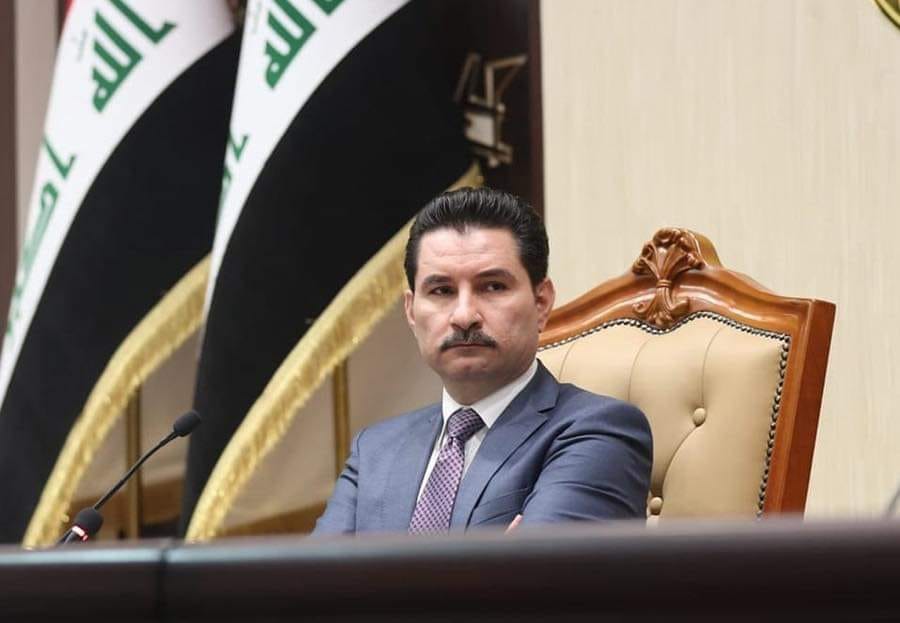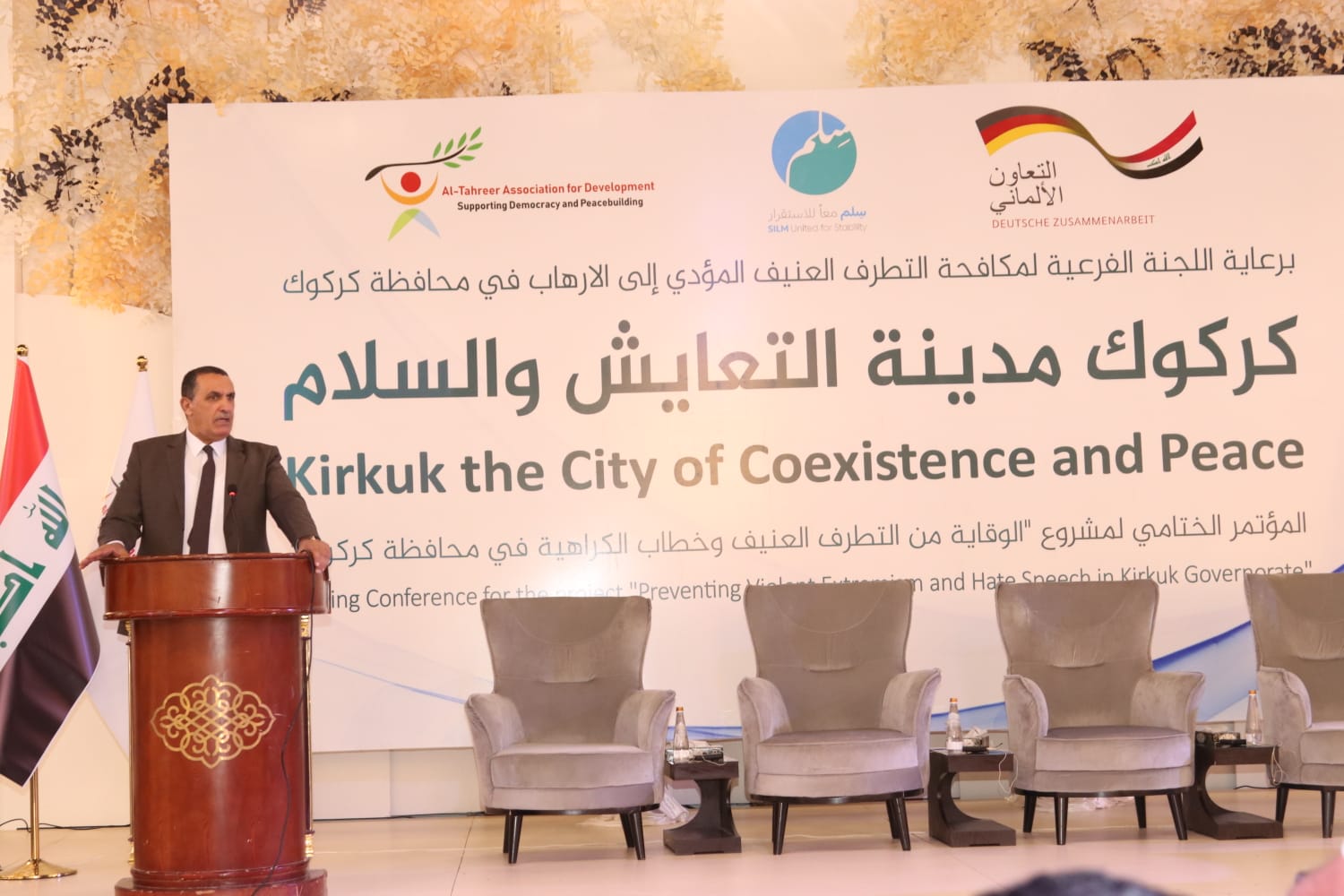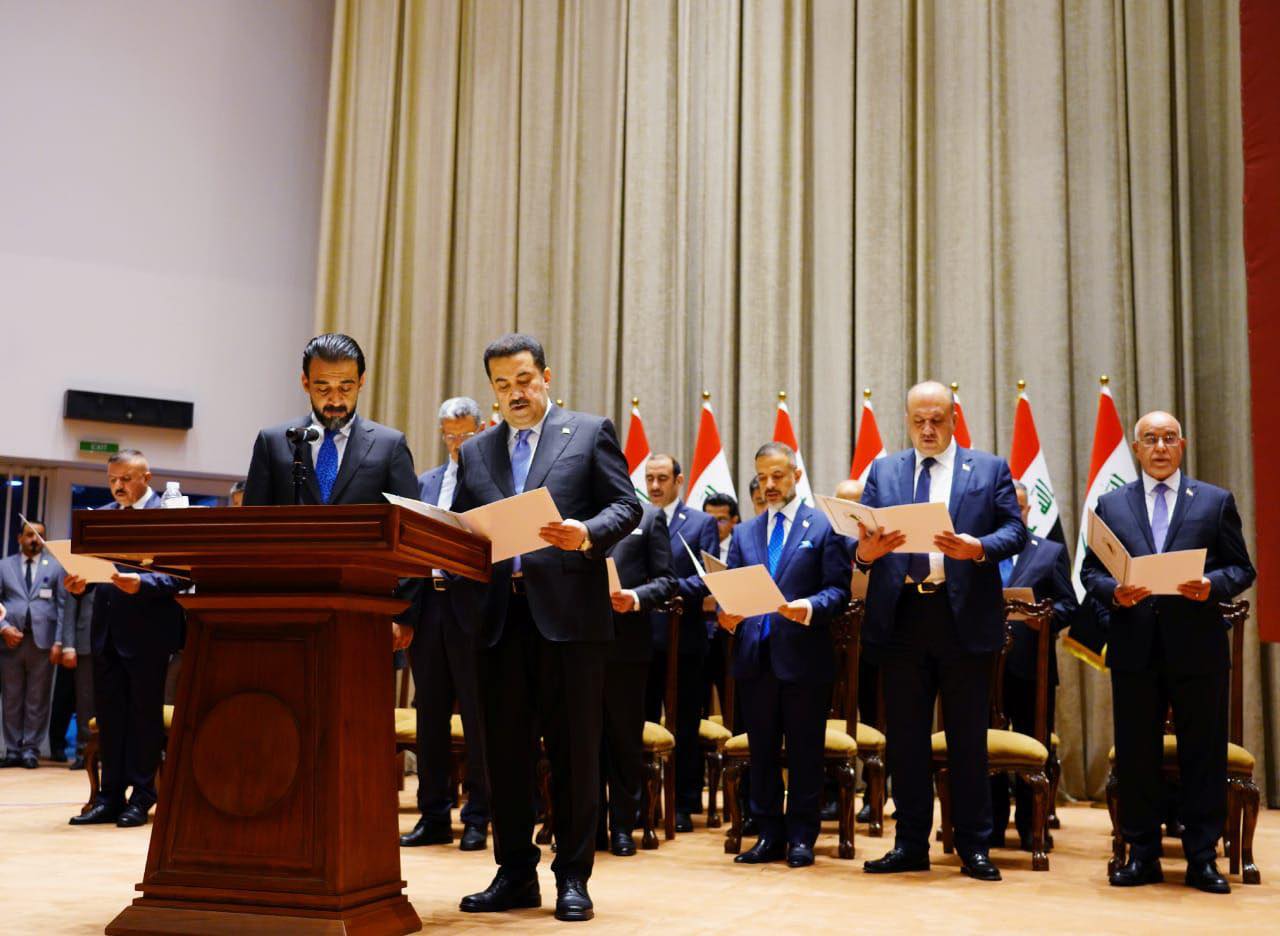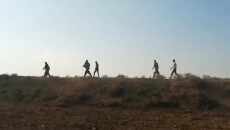The Iraqi Prime Minister formed a special committee to resolve the fate of the acting governors throughout Iraq, through several assessments based on the reports of the Financial Audit, the Integrity Commission, and the report of the members of the Iraqi parliament each about his province.
The second deputy speaker of the Iraqi parliament, Shakhawan Abdullah, a Kurd, said in a statement on Wednesday, February 15, after a visit to Kirkuk, "The Iraqi prime minister has formed a special committee to resolve the issue of acting governors, including the governor of Kirkuk."
Shakhawan stressed that the committee would rely on four assessments to decide the fate of the acting governors, including "the corruption file, the Integrity Commission's report and the financial oversight report," in addition to the parliament's report. "A decision will be taken regarding the governors based on those assessments," he said.
The statements of the Deputy Speaker of Parliament came in response to a question by correspondent of Wisha News Agency about whether the Kurdistan Democratic Party KDP insists, as promised, on the installation of a Kurdish governor for Kirkuk and the removal of Rakan Saeed al-Jiburi, acting governor of Kirkuk, an Arab, from his post.
The new Iraqi government, headed by Muhammad Shia’ al-Sudani, decided to decide the fate of the temporary (acting) government positions, including the governors, according to the ministerial agenda of the government that was approved by Parliament on the night of October 27, 2022. According to the ministerial plan, the positions held by proxy will be decided within six months of forming the government.
The oil rich city of Kirkuk, Iraq's second largest oil reserves, is ethnically a mixed province of 1.7 million Kurds, Sunni and Shiite Arabs, and Turkmens. It has long been at the center of disputes between the federal government in Baghdad and the autonomous Kurdistan Regional Government KRG.
The disputed territories run from Shingal in Ninewa province on the Syrian border southeast to Khanaqin and Mandali on the Iranian border.

One of the recommendations in Sudani’s agenda, which all parties participating in the government voted for, states, "The work by acting officials in the management of state institutions shall be dealt with within a period of six months from the formation of the government and sending it to the House of Representatives in three batches to vote on it, taking into account the achievement of national balance in institutions."
This comes when there are less than three months left until the end of the period specified in the agenda.
The agenda of Sudani also stipulated that "the prime minister, after assuming his duties, forms a committee to evaluate the performance of the acting governors with the aim of taking legal measures against the negligent and those involved in corruption," provided that "the committee finishes its work within three months from the date of its formation."
The Sovereignty Alliance, the largest Sunni Arab parliamentary coalition, decided to keep the acting governor of Kirkuk in his position and not take the constitutional oath in the Iraqi parliament, a step considered, according to more than one source, "part of the tripartite alliance agreement between Al-Sadr, Al-Halbousi and Barzani."
After the approval of final results of October 21 General Elections by the Federal Court, these three political parties announced an alliance to form a national majority government, and on January 9, the positions of the presidency of the Iraqi parliament were shared among them.

The Kurdistan Democratic Party and the Patriotic Union of Kurdistan PUK, the two key Kurdish political parties, pledged during the election campaigns back in October 2021 General Elections to remove the acting governor of Kirkuk from office, and they believe that he assumed the position illegally.
Al-Jiburi assumed the position of acting governor of Kirkuk by a decision of the Iraqi Prime Minister Haider al-Abadi in late 2017, succeeding the former governor of Kirkuk, Najimadin Karim, a Kurd, who was dismissed from his post by a decision of the Iraqi parliament, following September 2017 referendum for independence by the Kurds in the semi-autonomous Iraqi Kurdistan Region IKR and the disputed territories.
The Patriotic Union of Kurdistan PUK, which had an upper hand in Kirkuk till 2017 when Iraqi military forces imposed Law Enforcement operation to oust the Kurdish Peshemrga from Kirkuk and the disputed territories, endeavors to regain this position of governor it was holding since 2005.
The Kurds own six of the 12 parliamentary seats of Kirkuk, the Arabs have four, and the Turkmen have two seats, besides a quota seat for the Christian component. The PUK is the only party that earned three seats out of a total of 12 parliamentary seats for Kirkuk, the rest of the seats are distributed to other parties of different nationalities.






